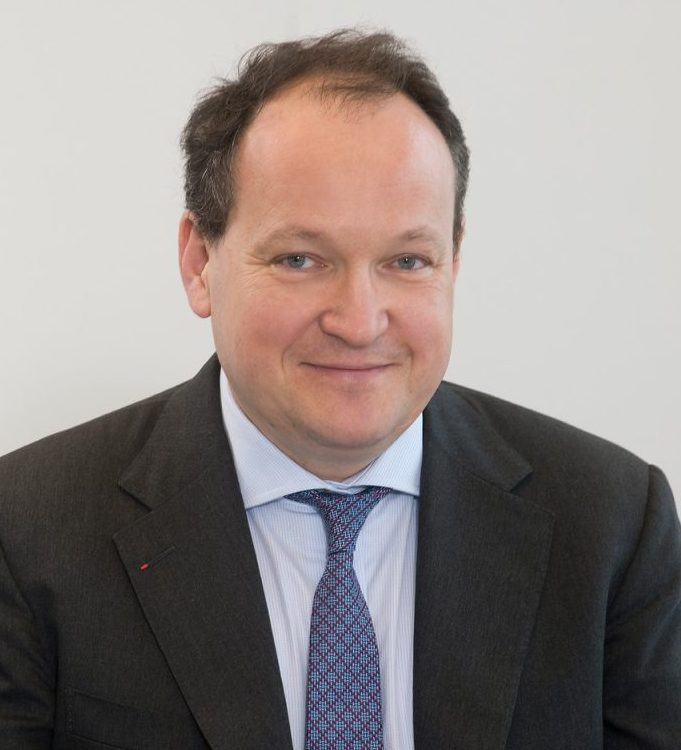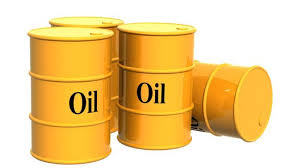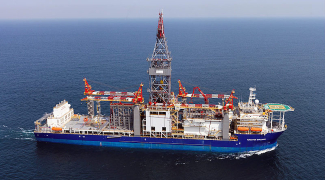Brussels — Europe must step up its investment in renewable energy in Africa to soften the global energy crunch since Russia’s invasion of Ukraine, European Investment Bank vice president Ambroise Fayolle said on Tuesday.
The European Union’s lending arm is encouraging investment in solar, wind and hydrogen energy and will not fund fossil fuel projects to safeguard climate goals, Fayolle said.

“There are big question marks over what should be the European strategy across all our institutions as a consequence of Russia’s invasion of Ukraine,” Fayolle told Reuters in an interview at the African Energy Forum in Brussels.
“Diversification of supply can only be part of the answer … Now is the time to scale up and accelerate our investment in green energy,” he added.
Multiple rounds of EU sanctions on Russia, including a gradual phase-out of oil, have pinched supply to the bloc – Russia’s top customer, in turn driving up inflation and requiring urgent action to find alternatives.
The EU announced a 210-billion-euro ($221.5 billion) plan in May to end its reliance on Russian fossil fuels by 2027, focusing on greater efficiency, replacing Russian gas – including from Nigeria and Egypt – and kickstarting renewable investments.
As part of its biggest-ever annual investment in Africa, the EIB provided 3.4 billion euros across the continent in 2020 to promote renewable projects and mitigate the effects of climate change, which is due to hit Africa the worst despite it accounting for the lowest emissions per capita.
Italian and German delegations have visited African states including Senegal, Congo and Angola in recent months in search of natural gas deals, something which the EU as a supranational body will not do, Fayolle said.
“We are stepping out of fossil fuels, (but) we don’t give lessons to anyone.”
($1 = 0.9483 euros)
*Noah Browning, Editing: Louise Heavens – Reuters
Follow us on twitter



